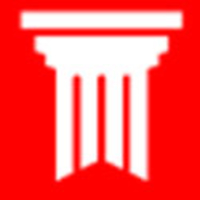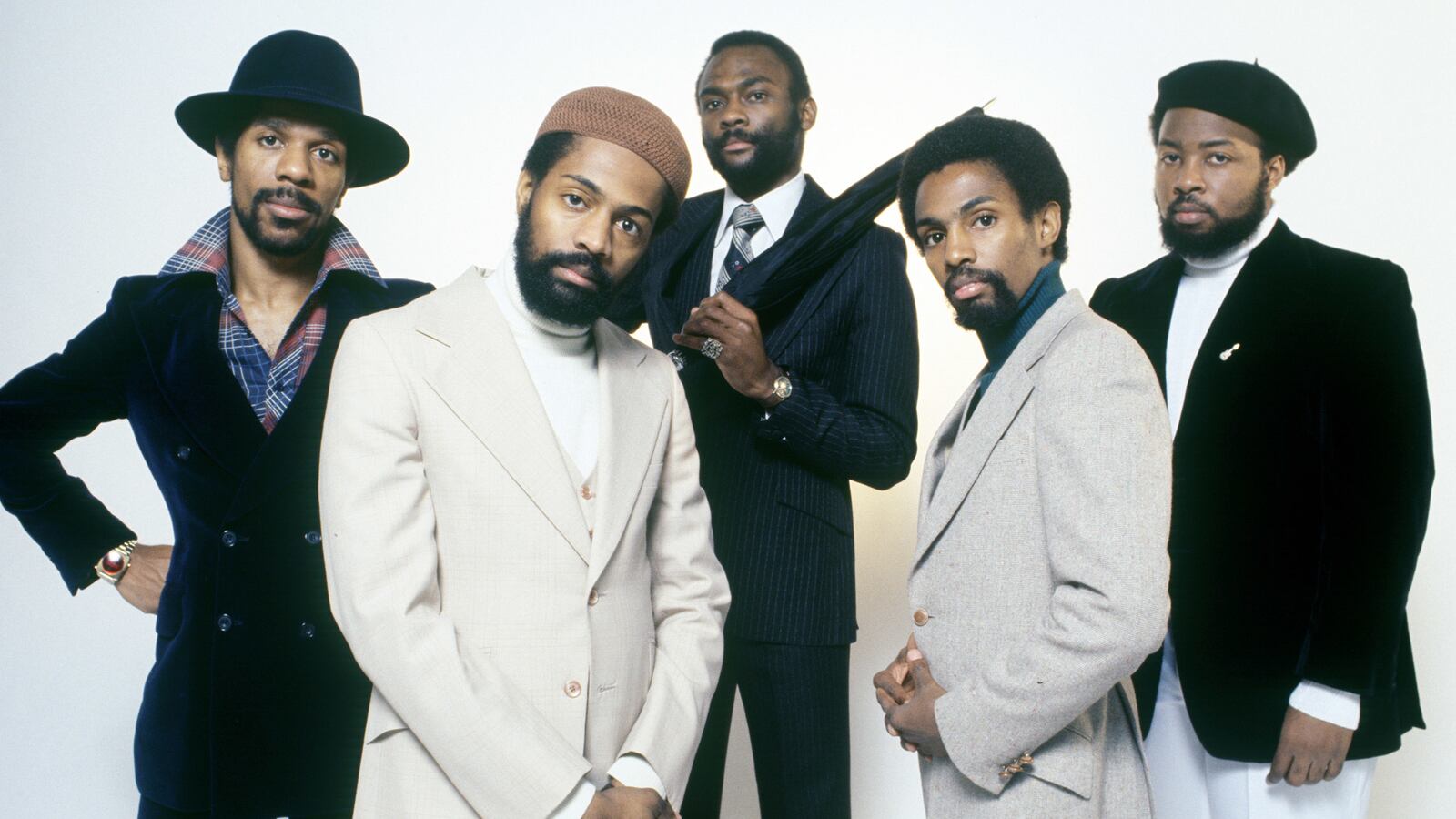So much for cherished hopes: Republicans won’t be celebrating good times with Kool & the Gang when they nominate their presidential candidate this summer.
Organizers originally billed the 1980s hitmakers as entertainment for a party during the Republican National Convention honoring prominent Republican politicians—and likely awash in lobbyists and corporate influence peddlers.
But Carla Eudy, a prominent GOP fundraiser whose past convention parties have been sponsored by the likes of Koch Industries and megadonor Sheldon Adelson’s Las Vegas Sands Corp., said Kool & the Gang was no longer participating.
Eudy declined to explain why the band now won’t be performing at the event scheduled for July 17 in Cleveland. “The reasons are between us and the band, and we agreed not to discuss the terms,” she said in an e-mail.
Kool & the Gang’s management company, Red Light Management, did not respond to a request for comment.
A solicitation sent to prospective sponsors states the party is meant to honor Republican leadership and members of the U.S. Senate, with National Republican Senatorial Committee Chairman Roger Wicker, a U.S. senator from Mississippi, as the featured speaker.
The bright side for the organizers, who have a long track record of organizing these parties: they’re unlikely to have much trouble finding an act to take Kool & the Gang’s place.
Kid Rock, Journey, Lynyrd Skynyrd and the Commodores have played Republican convention-associated events in past years. Democrats have rocked out to Kanye West, the Black Eyed Peas and Death Cab for Cutie.
But clearly, it’s time to get down on it.
That’s because regardless of which presidential candidates win their parties’ nominations, partisan operatives view national conventions as prime power networking opportunities. Lavish corporate-and-lobbyist-sponsored events that happen alongside the conventions are classic venues for politicos and political influencers to connect.
Congress passed sweeping ethics reform legislation in 2007 that in part attempted to curb the convention-related mingling between lawmakers and the corporations and lobbyists that advocate before them.
Still, there are multiple loopholes that have allowed the parties to continue. Because of them, convention attendees, especially members of Congress, continue to have their pick of fancy functions carefully tailored to comply with the law.
For example, some rules apply specifically to events held during the dates of the convention. The July 17 affair comes one day before the kickoff of the Republican National Convention.
“Simply by staging this party prior to the official date of the convention, those who can afford the price of admission will no doubt be duly recognized and given one-on-one face time with the senators and party officials,” said Craig Holman, government affairs lobbyist for the nonprofit advocacy group Public Citizen, after seeing a flier advertising sponsorship packages for the July 17 party.
In an interview with the Center for Public Integrity, Eudy said the point of the date outside of the convention period wasn’t evading ethics rules that apply specifically to events held within the dates of the convention. Rather, it was because there’s less competition from other parties for venues and attendees, she said.
Nonetheless, “The party conventions are the most troubling big money bonanzas on the election calendar, rife with opportunities for special interests to buy face time with our nation’s elected leaders and their staff,” said Paul S. Ryan, deputy executive director of the nonpartisan Campaign Legal Center.
The lowest-tier sponsorship option for the party—the $25,000 “Huron” package—includes 10 tickets to a VIP area, 10 general admission tickets and corporate name and logo placement on invitations, credentials and event signage.
Then there’s the $100,000 “superior” package for the main event underwriter, which includes more tickets, a roped-off area within the VIP section, prominent corporate logo placement and a backstage photo op with the band for up to six couples.
Other past clients and event sponsors for events put together by Eudy’s team include trade association America’s Health Insurance Plans, Google, ExxonMobil and a long list of other well-known companies and trade associations.
So far, most lobbying firms and companies are keeping their national convention plans quiet.
For example, prominent Democratic lobbyist Tony Podesta did confirm his firm, the Podesta Group, will host events at both conventions. Republican lobbying firm BGR Group, headed by former Republican National Committee Chairman and Mississippi Gov. Haley Barbour, confirmed it will be hosting a party, but declined to release details.
There’s some evidence, however, that high-profile venues in both cities are booking up.
For instance, Jenny Packer, a spokeswoman for the National Constitution Center in Philadelphia, said the museum, which is dedicated to increasing awareness of the Constitution, has had multiple queries for dates during or around the Democratic National Convention and already has several nights on hold.
“I expect that we will definitely be booked every single evening of the convention,” she said.
The Constitution Center’s venue options range from the Grand Hall Overlook, which boasts a view of Independence Mall and can accommodate a cocktail reception for 800 people and rents for about $5,000, to the Kirby Auditorium, which seats 200 people and goes for about $1,500 for the night.
Some parties raise money for charity. Others, including the one organized by Eudy, are “truly just a party,” she said. “We solicit sponsors to pay for the event.”
This story is from the Center for Public Integrity, a nonprofit, nonpartisan investigative media organization in Washington, D.C. Read more of its investigations on the influence of money in politics or follow it on Twitter.






